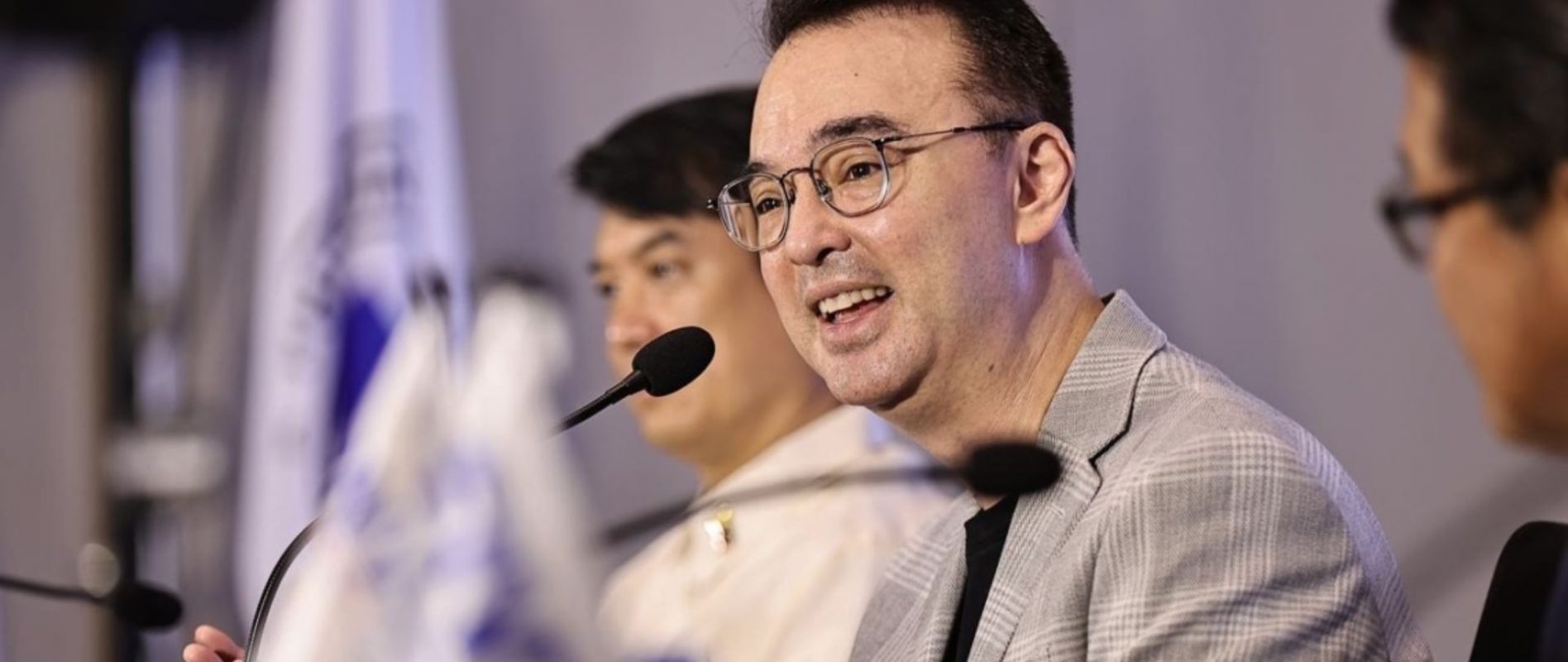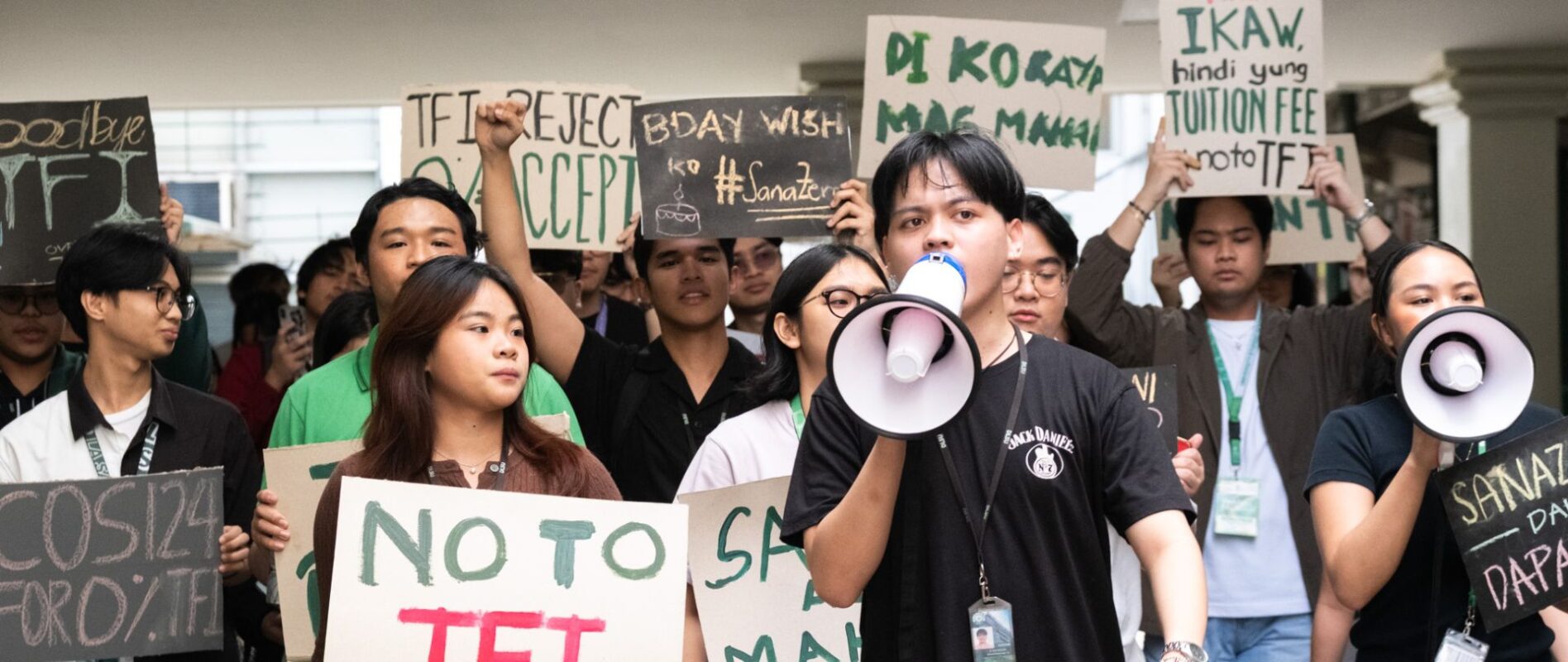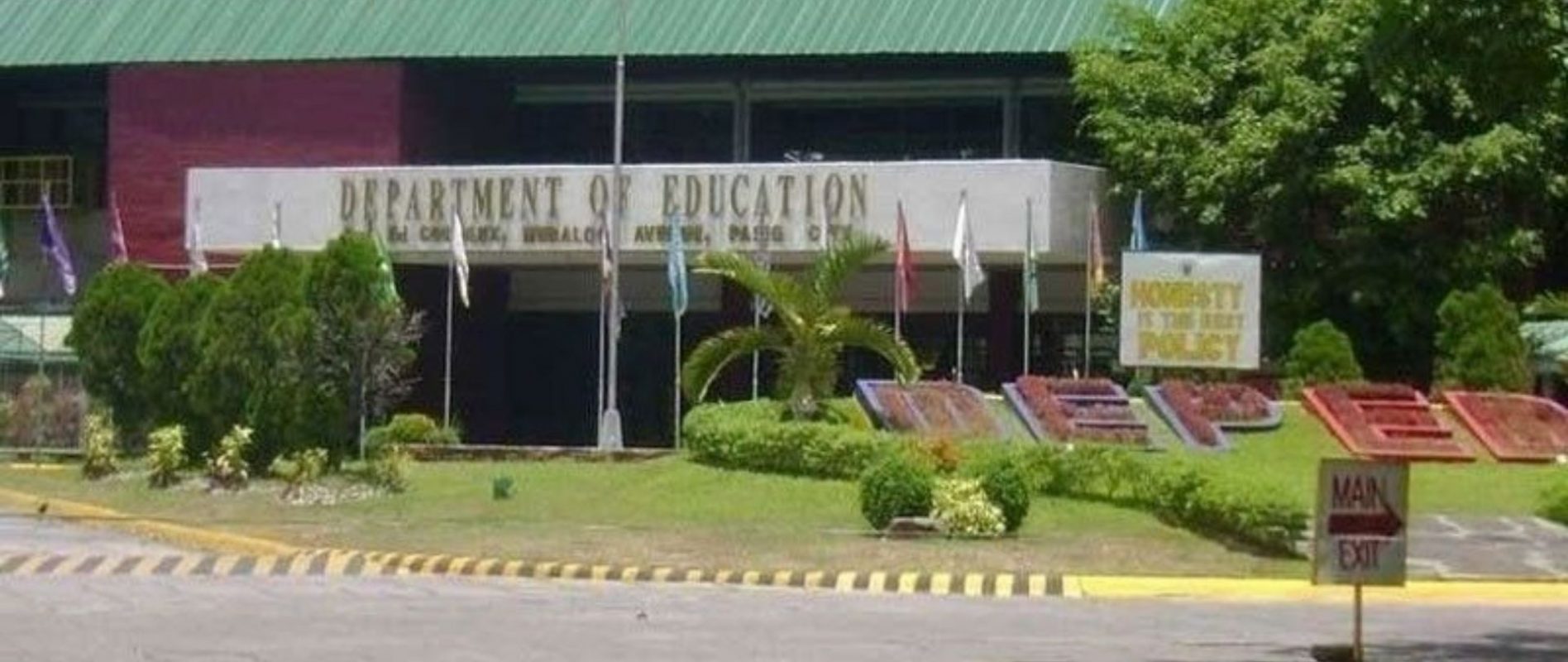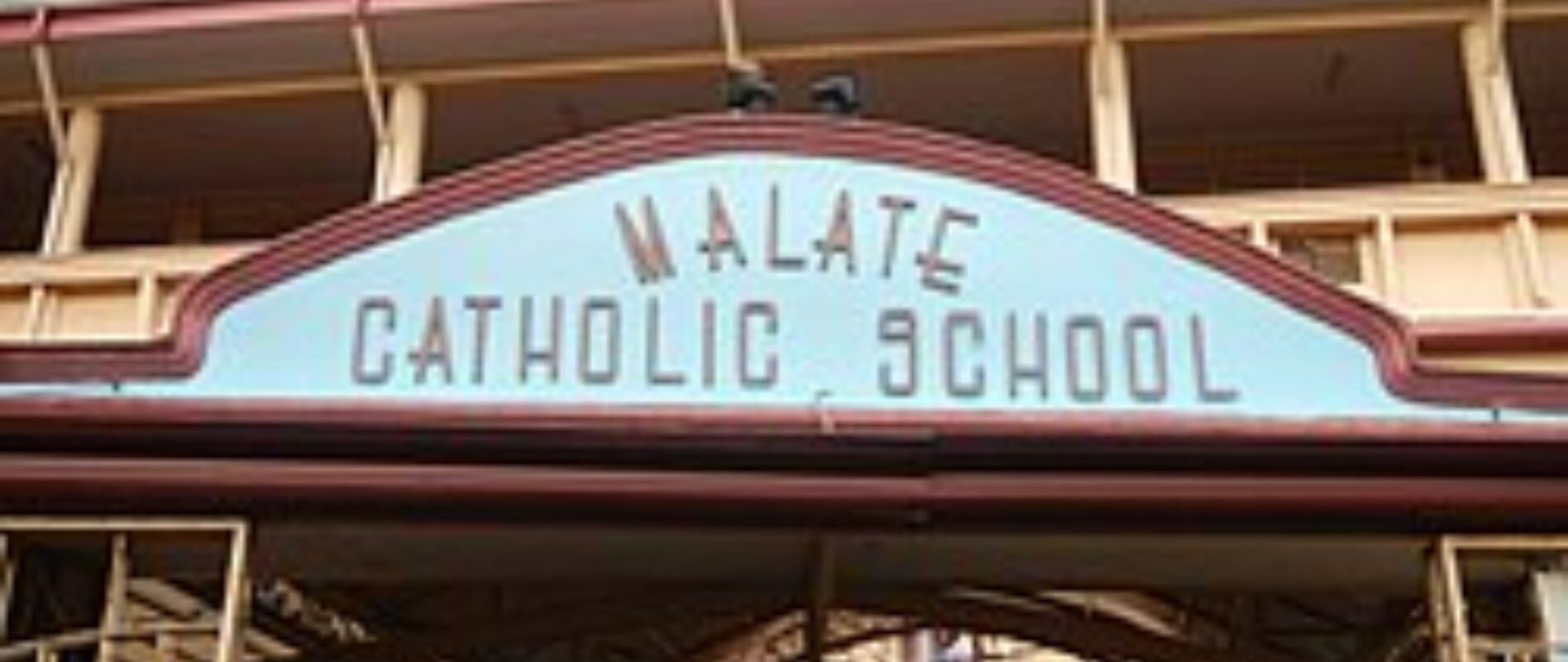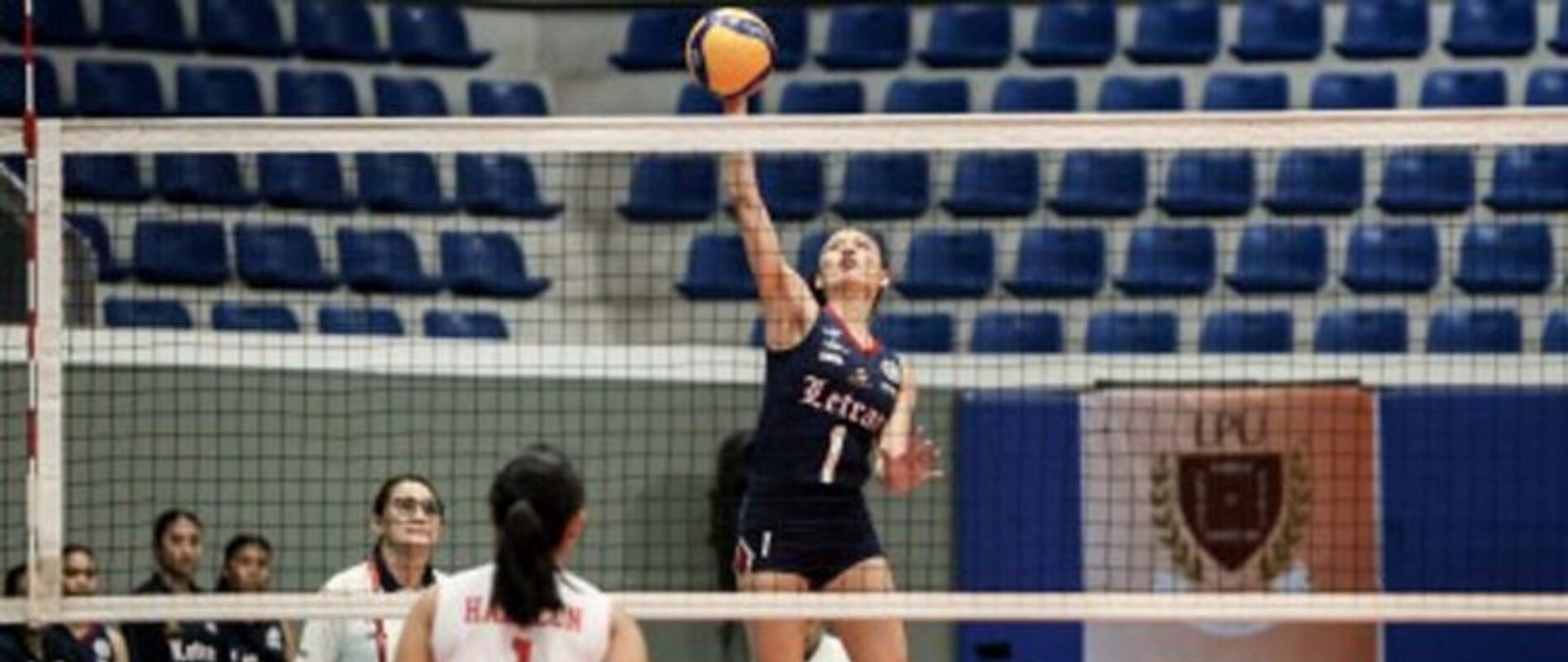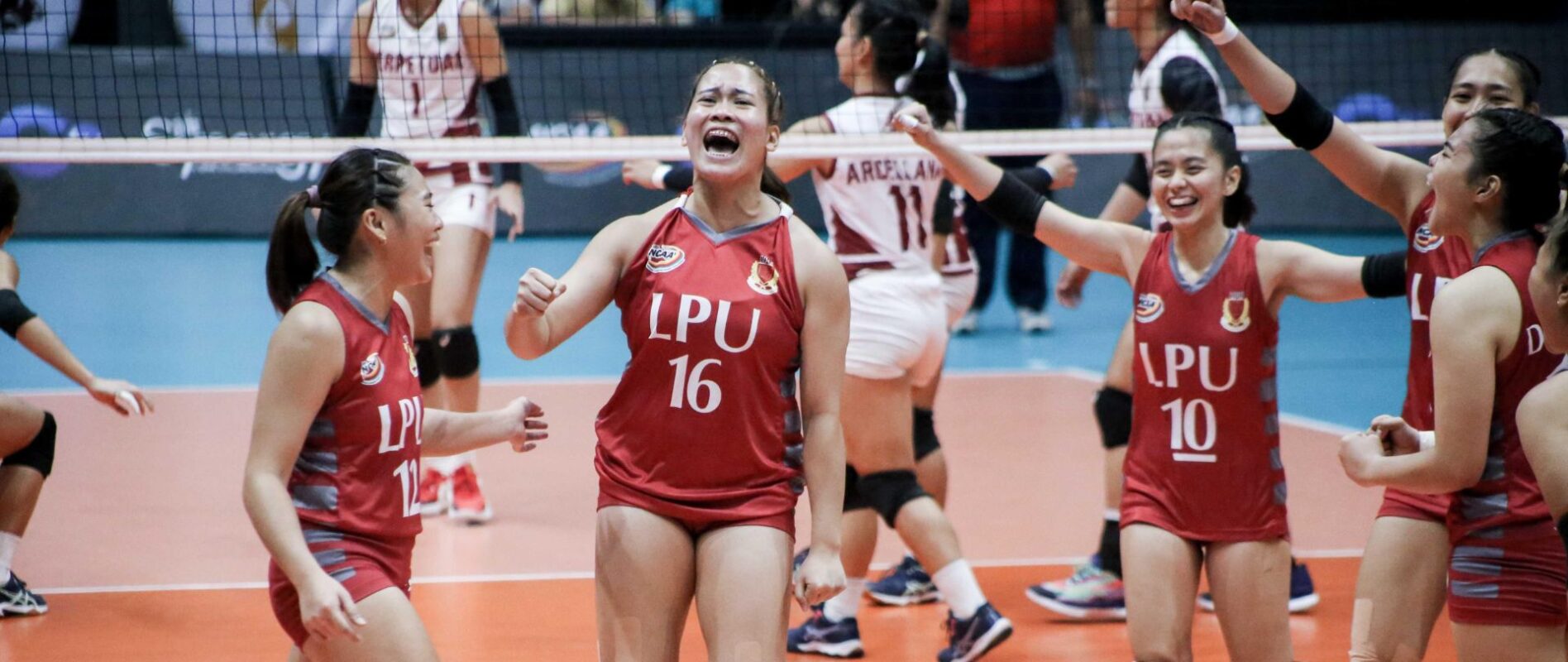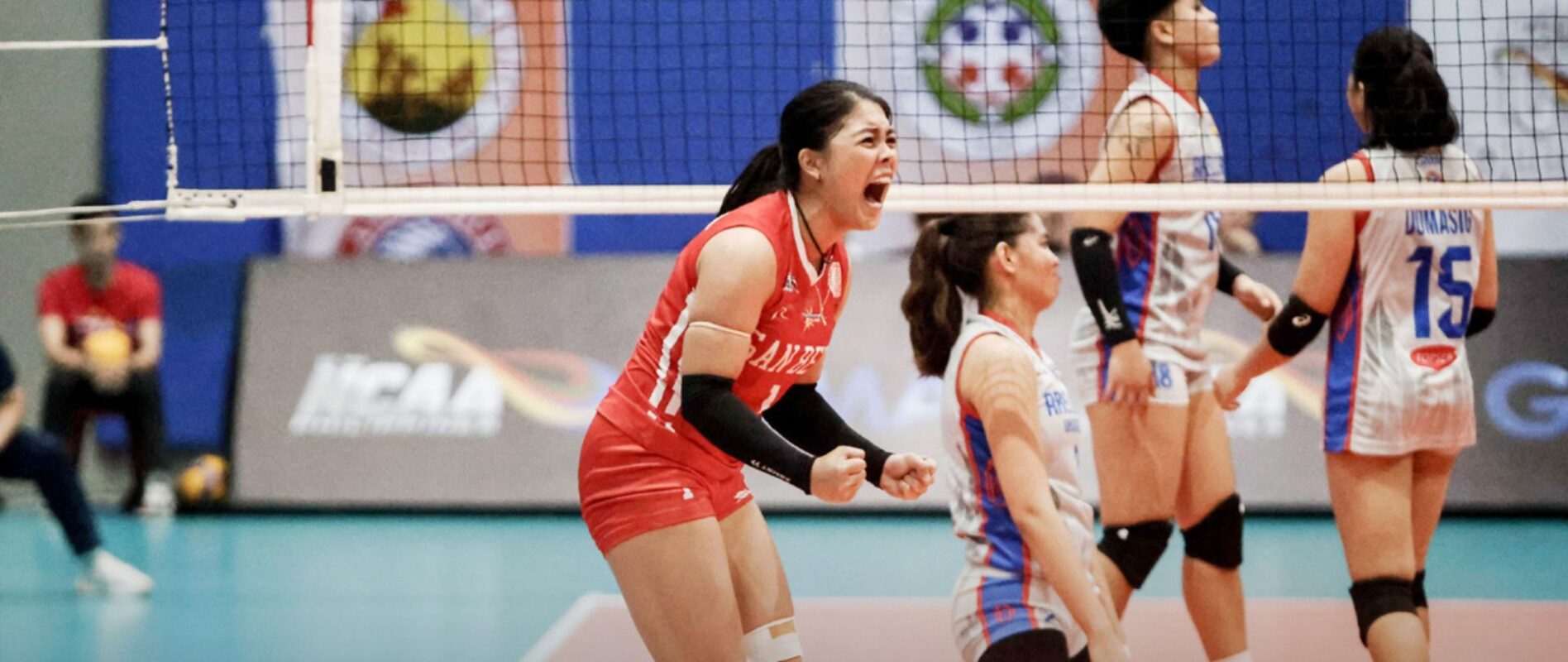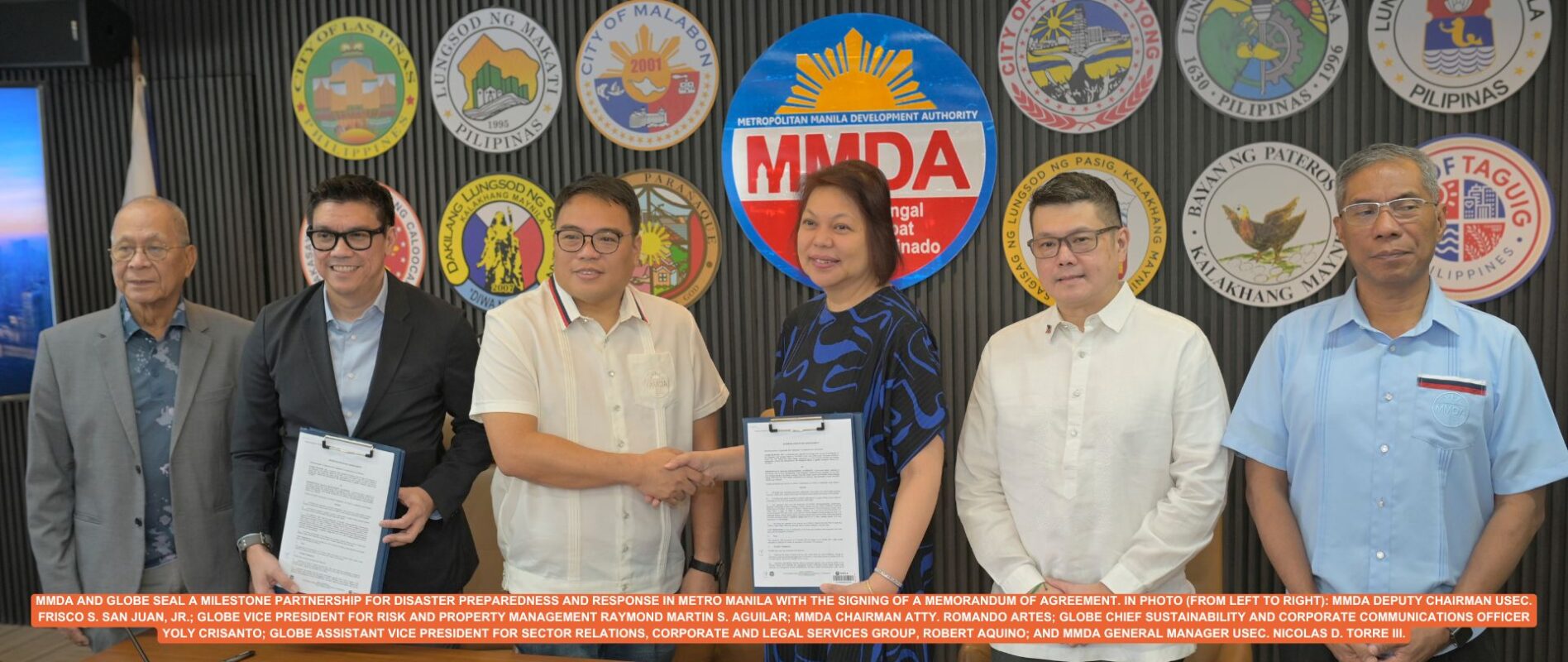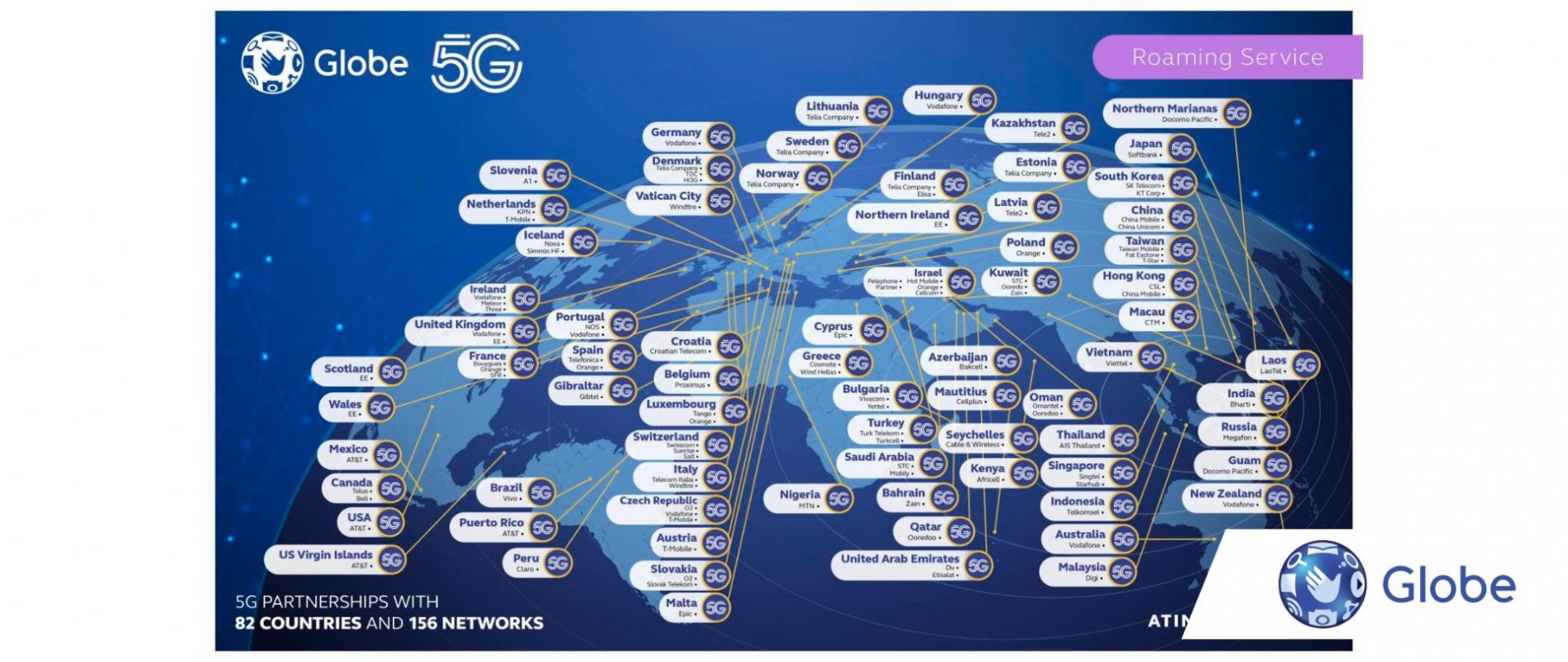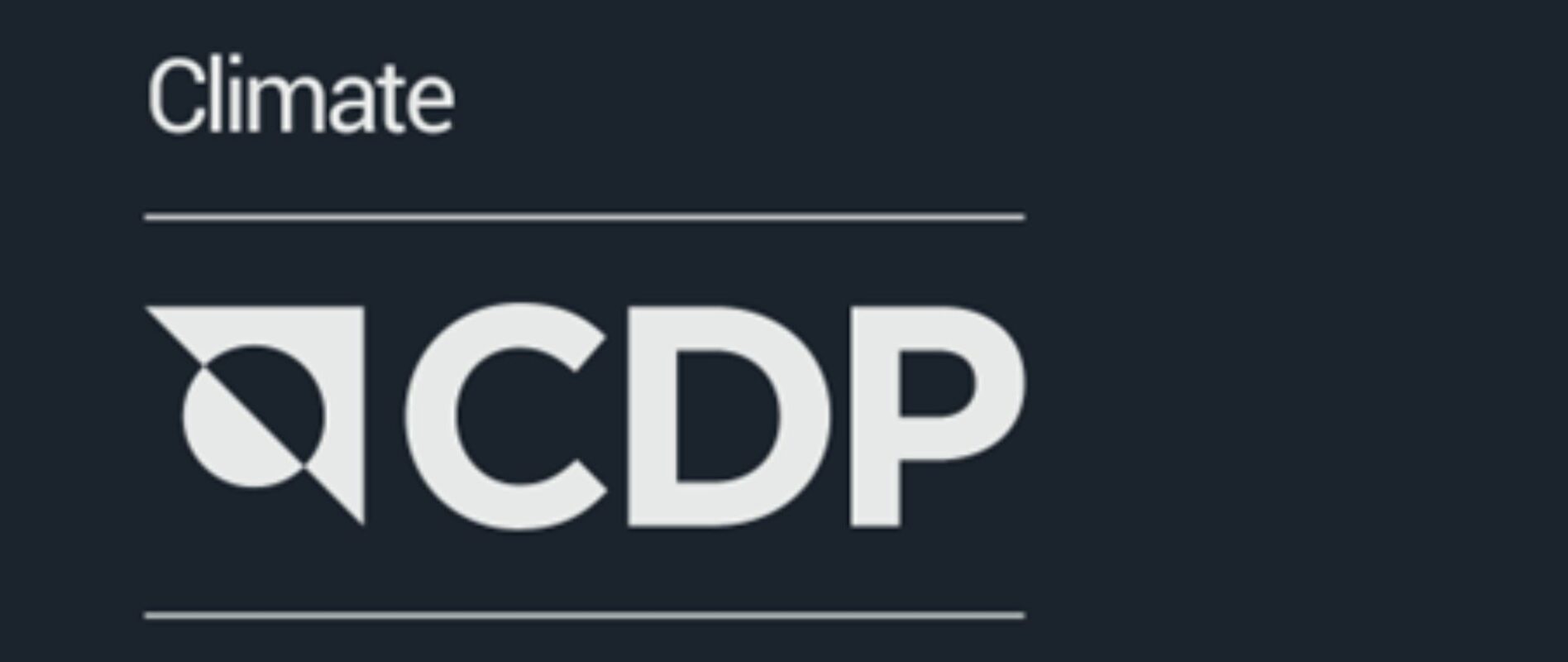SENATOR SEEKS TO REFORM EDUCATION SUBSIDY SYSTEM
SENATOR Alan Peter Cayetano has filed a measure to reform the government’s education subsidy system, aiming to give students more meaningful school choices and support low-income families seeking quality private education for their children.
In Senate Bill No. 422, or the Learner’s Choice in Private Basic Education Act of 2025, Cayetano proposes a unified, learner-centered voucher system for Kindergarten to Grade 12. This would replace outdated programs like the Educational Service Contracting scheme under the Expanded Government Assistance to Students and Teachers in Private Education (GASTPE).
“The State shall operationalize the principle of complementarity by institutionalizing a unified, rationalized, and learner-centered framework for government assistance to learners and teachers in private basic education,” Cayetano said.
The bill takes inspiration from the Taguig Learner’s Certificate program, a local initiative recognized in the Year 2 Report of the Second Congressional Commission on Education (EDCOM 2), which Cayetano co-chaired. The program promotes learner choice and strengthens the complementarity of public and private schools.
Under the proposed TLC system, portable education vouchers would be provided to eligible learners from Kindergarten to Senior High School, allowing them to enroll in any DepEd-recognized private school. Unlike GASTPE, where subsidies are tied to specific schools, these vouchers would be held by the students, giving families the freedom to choose where to enroll—similar to the current SHS voucher system.
The vouchers would help cover tuition and learning materials, and may be supplemented by local government units or private sponsors when necessary.
“To ensure equity and social justice, this assistance shall prioritize the underprivileged and most vulnerable learners,” Cayetano said.
Priority would be given to learners from low-income households in DepEd-identified congested public schools, followed by students in overcrowded schools and poor families needing financial support to stay in private schools. Alternative Learning System completers reentering formal education would also qualify automatically.
To help families make informed choices, the DepEd would publish a public database of participating schools, detailing tuition fees, program tracks, and performance indicators.
“Learners, their parents, or guardians shall have the freedom to select among participating private basic education institutions based on program offerings, quality of instruction, school culture, location, and affordability,” the bill states.
The measure also seeks to enhance the Teachers’ Salary Subsidy Fund and In-Service Training Fund for private school teachers, aligning their compensation with market conditions and linking support to performance and quality standards.
A dedicated Bureau of Private Education within the DepEd would manage and monitor the program, with the option to engage qualified private partners for implementation under strict accountability and Commission on Audit oversight.
The bill also encourages LGUs to align their scholarship programs with the voucher system, making them portable nationwide. LGUs complying with this system would be recognized under the Seal of Good Local Governance.
For Cayetano, improving education requires more than infrastructure or funding—it means acknowledging the shared role of public and private schools and empowering families with real choices.
“The collective, balanced, and sustained use of public and private education through healthy competition, guided by the protection of the public interest, will lead to better learning outcomes for Filipinos,” he said.

